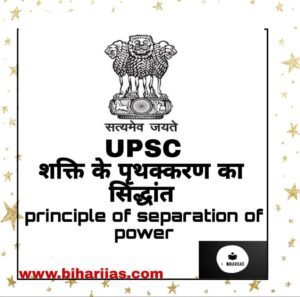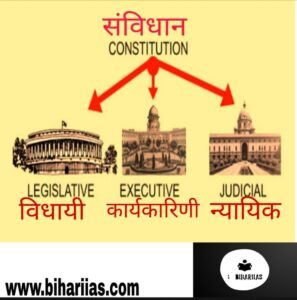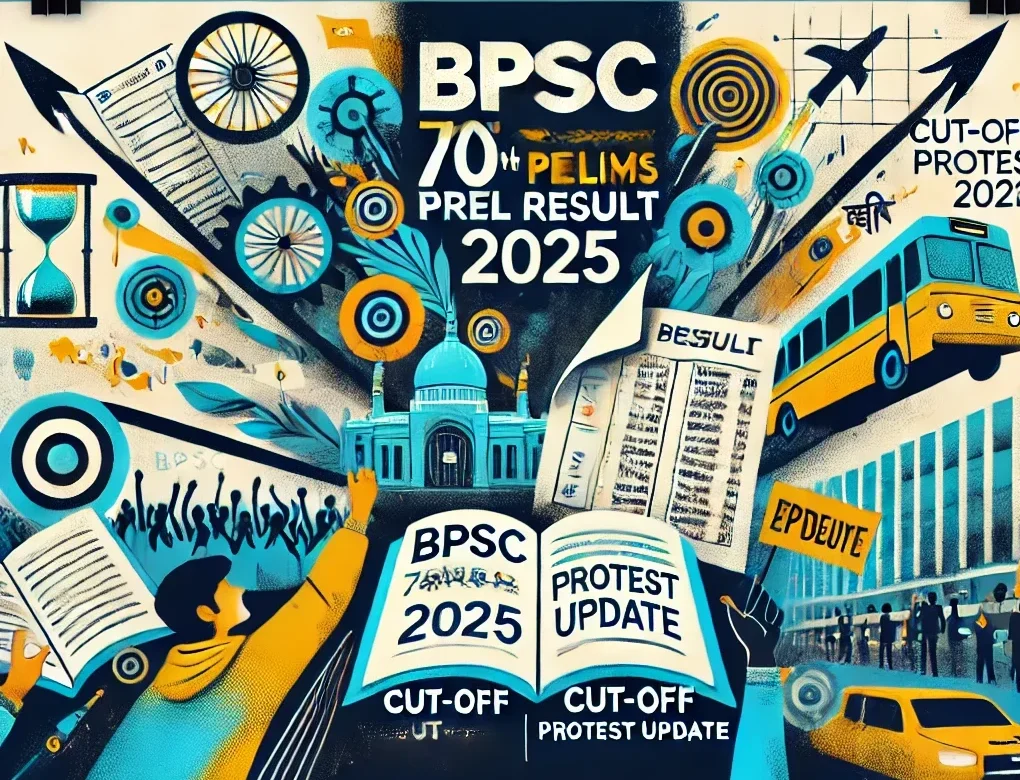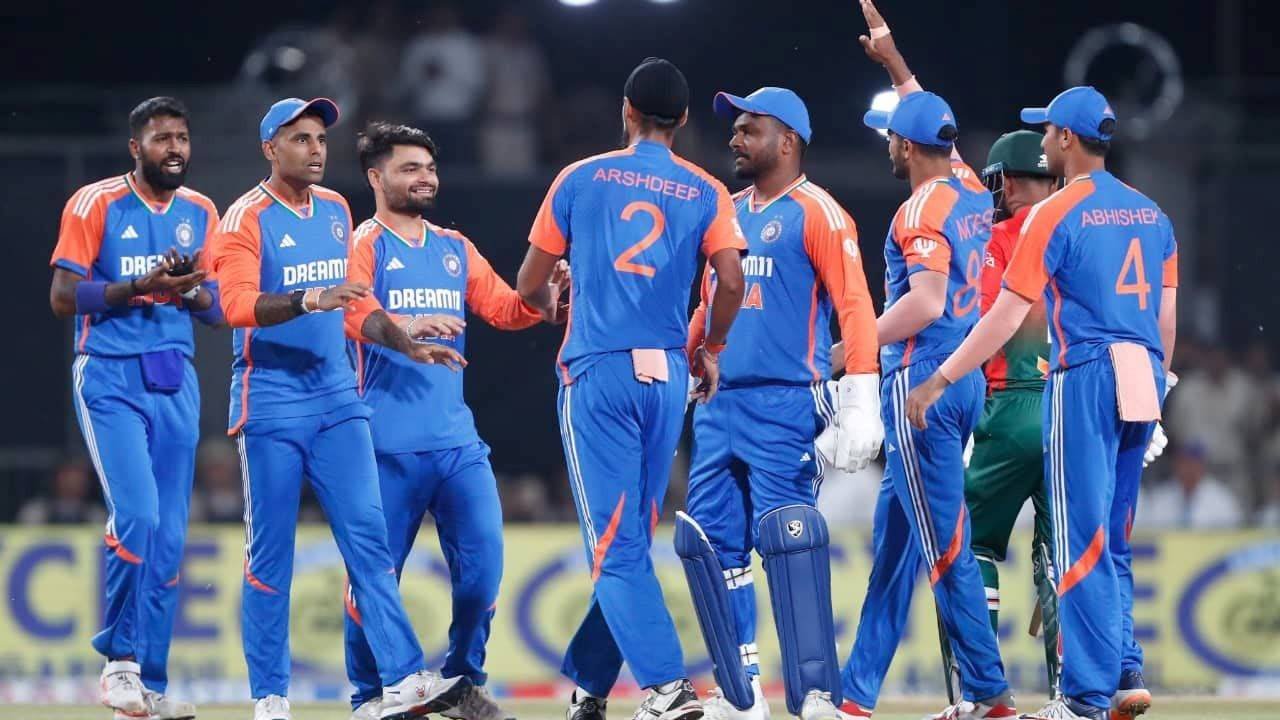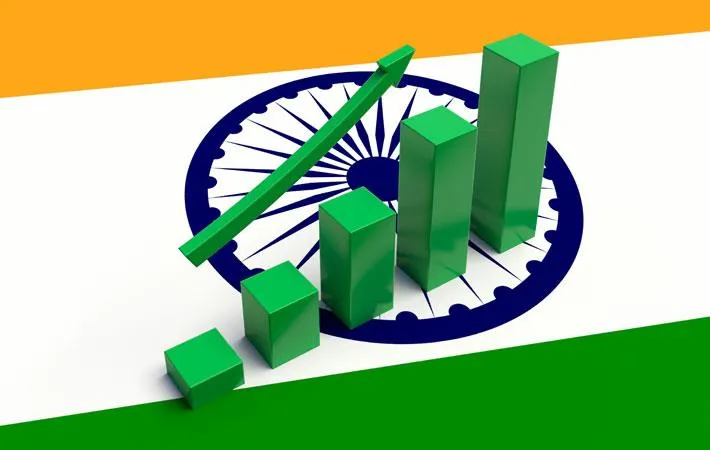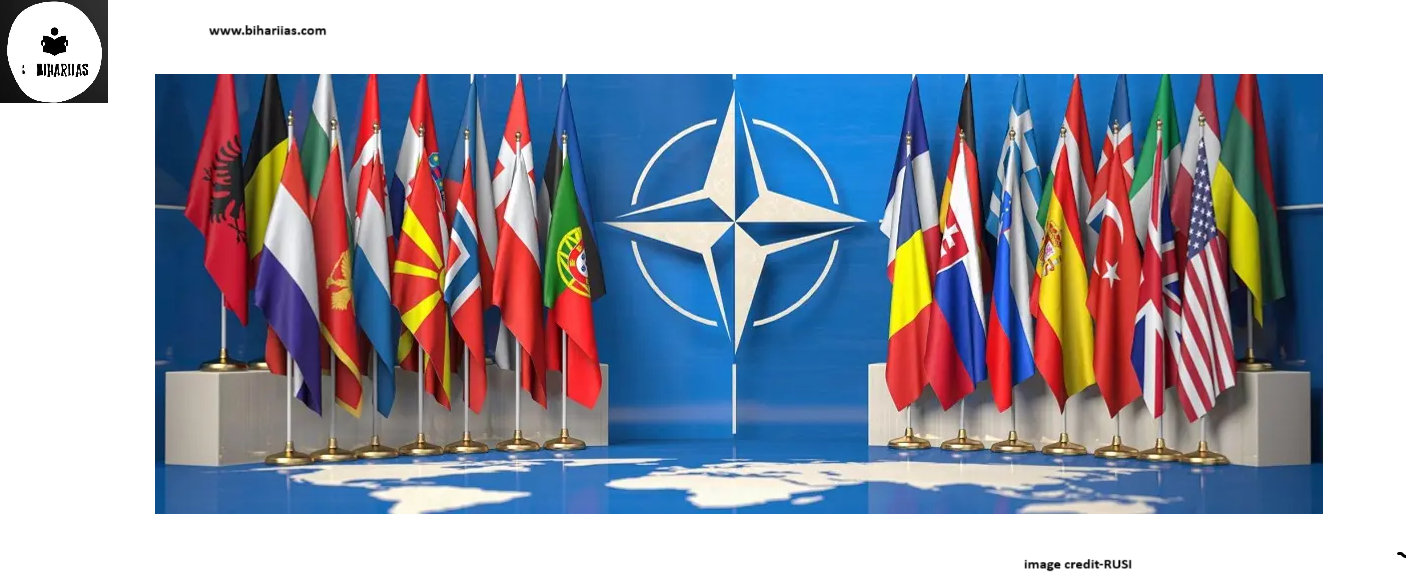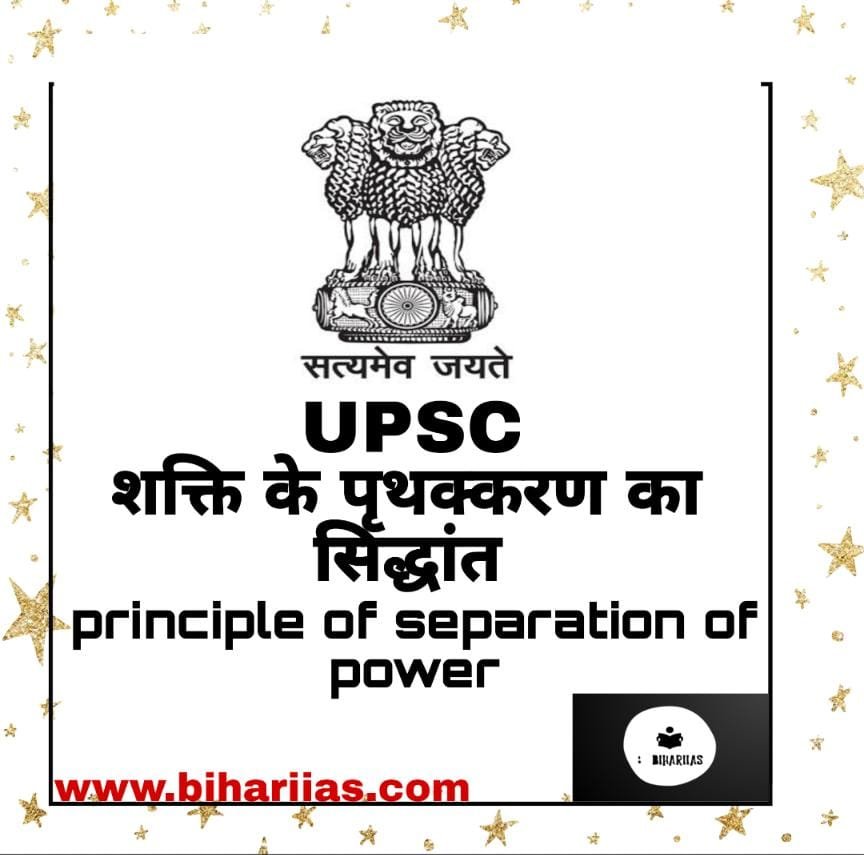
The principle of separation of powers means that each of the pillars of a democracy – the executive, the legislature and the judiciary – perform separate functions and operate as separate institutions.
शक्तियों के पृथक्करण के सिद्धांत का अर्थ है कि लोकतंत्र के प्रत्येक स्तंभ – कार्यपालिका, विधायिका और न्यायपालिका – अलग-अलग कार्य करते हैं एवं अलग-अलग संस्थाओं के रूप में कार्य करते हैं।
👉What is the history of separation of powers?
The concept of the separation of powers was first seen in the works of Aristotle in the 4th century BCE in which he described the three agencies of government as the plebs, the public authorities, and the judiciary.
A similar concept was followed in the ancient Roman Republic, coined by Charles Louis de Second, an 18th-century French social and political philosopher.
His publication “Spirit of the Laws” is considered one of the great works in the history of political theory and jurisprudence. His ideas had a profound influence on the framers of the US Constitution.
Under his model, the political authority of the state is divided into legislative, executive and judicial powers. He insisted that these three forces should be separated and work independently to promote Liberty most effectively.
👉शक्तियों के पृथक्करण का इतिहास क्या है?
शक्तियों के पृथक्करण की अवधारणा पहली बार ईसा पूर्व चौथी शताब्दी में अरस्तू के कार्यों में देखी गई थी जिसमें उन्होंने सरकार की तीन एजेंसियों को महासभा, सार्वजनिक अधिकारियों और न्यायपालिका के रूप में वर्णित किया था।
प्राचीन रोमन गणराज्य में इसी तरह की अवधारणा का पालन किया गया था, जिसे 18 वीं शताब्दी के एक फ्रांसीसी सामाजिक और राजनीतिक दार्शनिक चार्ल्स लुइस डी सेकेंड द्वारा गढ़ा गया था।
उनका प्रकाशन “स्पिरिट ऑफ द लॉज़” राजनीतिक सिद्धांत और न्यायशास्त्र के इतिहास में महान कार्यों में से एक माना जाता है। उनके विचारों का अमेरिकी संविधान के निर्माताओं पर गहरा प्रभाव पड़ा।
उनके मॉडल के तहत राज्य के राजनीतिक अधिकार को विधायी, कार्यकारी और न्यायिक शक्तियों में विभाजित किया गया है। उन्होंने जोर देकर कहा कि लिबर्टी को सबसे प्रभावी ढंग से बढ़ावा देने के लिये इन तीन शक्तियों को अलग किया जाना चाहिए और स्वतंत्र रूप से काम करना चाहिए।
👉Why is separation of powers important?
Power Concentration: The erosion of the principle of separation of powers seeks to prevent the concentration of power in one hand (individual) as history has demonstrated time and again that this can lead to disastrous consequences.
Transparency: The application of this principle makes the government responsible and accountable for its actions to its citizens, thereby helping in the promotion and protection of human rights.
Elimination of other administrations: Separation of power removes one of the most serious weaknesses of other forms of administration such as monarchy or dictatorship in that the king is not accountable to his people.
Natural Justice: The following principle creates a balance of different parts within the government in which the actions of government bodies are controlled by each other while remaining separate, assures that the laws are fair and follow natural justice . ,
👉शक्तियों का पृथक्करण क्यों महत्वपूर्ण है?
शक्ति संकेंद्रण: शक्तियों के पृथक्करण के सिद्धांत का क्षरण एक हाथ (व्यक्ति) में शक्ति के केंद्रीकरण को रोकने की कोशिश करता है क्योंकि इतिहास ने बार-बार प्रदर्शित किया है कि इससे विनाशकारी परिणाम हो सकते हैं।
पारदर्शिता: इस सिद्धांत का अनुप्रयोग सरकार को अपने कार्यों के लिये अपने नागरिकों के प्रति उत्तरदायी और जवाबदेह बनाता है जिससे मानवाधिकारों के प्रचार और संरक्षण में सहायता मिलती है।
अन्य प्रशासनों का उन्मूलन: सत्ता का पृथक्करण प्रशासन के अन्य रूपों जैसे राजशाही या तानाशाही की सबसे गंभीर कमज़ोरियों में से एक को समाप्त करता है जिसमें राजा अपने लोगों के प्रति जवाबदेह नहीं होता है।
प्राकृतिक न्याय: निम्नलिखित सिद्धांत सरकार के अंदर विभिन्न भागों का एक संतुलन बनाता है जिसमें सरकारी निकायों के कार्यों को एक दूसरे से अलग रहते हुए एक दूसरे द्वारा नियंत्रित किया जाता है, यह आश्वासन देता है कि कानून उचित हैं और प्राकृतिक न्याय का पालन करते हैं। .
👉What are the issues of separation of powers?
Weak Opposition in India: Democracy works on the principle of checks and balances. These are the checks and balances that prevent democracy from turning into majoritarianism.
In a parliamentary system, these checks and balances are provided by the opposition party.
However, a single party majority in the Lok Sabha has reduced the role of an effective opposition in Parliament.
Adverse to Judiciary Checks and Balances: The Supreme Court struck down the 99th Constitutional Amendment, which provided for the establishment of the National Judicial Appointments Commission, as ultra vires.
The National Judicial Appointments Commission (NJAC) can guarantee the freedom of the system from undue politicization, strengthen the quality of appointments, enhance the fairness of the selection process, promote diversity in the composition of the judiciary, and Can rebuild public confidence.
Judicial Activism: In many of the recent judgments, the Supreme Court has become hyper-active and is passing judgments which are in a way valid as law. It transgresses the domain of the legislature and the executive.
Overuse of executive powers: The executive in India is accused of over-centralization of power, weakening public institutions and passing laws to strengthen the law, order and security of the state, but also on freedom of expression Looks like a curb.
What are the constitutional provisions in this regard?
The constitutional provisions ensuring the separation of powers are:
Article 50: It says that the state shall take steps to separate the judiciary from the executive.
Article 121 and 211: These articles state that the judicial conduct of a judge of the Supreme Court and High Courts cannot be discussed in the Parliament and the State Legislature.
Articles 122 and 212: The validity of the proceedings of Parliament and Legislatures cannot be questioned in any court.
Article 361: The President or the Governor shall not be answerable to any court for the past exercise and duties of his office.
शक्तियों के पृथक्करण के मुद्दे क्या हैं?
भारत में कमज़ोर विपक्ष: लोकतंत्र नियंत्रण और संतुलन के सिद्धांत पर काम करता है। ये नियंत्रण और संतुलन हैं जो लोकतंत्र को बहुसंख्यकवाद में बदलने से रोकते हैं।
संसदीय प्रणाली में ये नियंत्रण और संतुलन विपक्षी दल द्वारा प्रदान किये जाते हैं।
हालाँकि, लोकसभा में किसी एक दल के बहुमत ने संसद में एक प्रभावी विपक्ष की भूमिका को कम कर दिया है।
न्यायपालिका नियंत्रण और संतुलन के प्रतिकूल: सर्वोच्च न्यायालय ने 99वें संवैधानिक संशोधन को निरस्त किया है, जो राष्ट्रीय न्यायिक नियुक्ति आयोग की स्थापना को अधिकारातीत के रूप में प्रदान करता है।
राष्ट्रीय न्यायिक नियुक्ति आयोग (NJAC) अनुचित राजनीतिकरण की व्यवस्था की स्वतंत्रता की गारंटी दे सकता है, नियुक्तियों की गुणवत्ता को मजबूत कर सकता है, चयन प्रक्रिया की निष्पक्षता बढ़ा सकता है, न्यायपालिका की संरचना में विविधता को बढ़ावा दे सकता है और इस व्यवस्था में जनता के विश्वास का पुनर्निर्माण कर सकता है।
न्यायिक सक्रियता: हाल के कई निर्णयों में सर्वोच्च न्यायालय अति-सक्रिय हो गई है और ऐसे निर्णय दे रही है जो एक तरह से कानून की तरह मान्य हैं। यह विधायिका और कार्यपालिका के क्षेत्र का उल्लंघन करता है।
कार्यकारी शक्तियों का अति-प्रयोग : भारत में कार्यपालिका पर सत्ता के अति-केंद्रीकरण, सार्वजनिक संस्थानों को कमज़ोर करने और राज्य की कानून, व्यवस्था और सुरक्षा को मज़बूत करने के लिये कानून पारित करने का आरोप लगाया जाता है, लेकिन अभिव्यक्ति की स्वतंत्रता पर भी अंकुश लगता है।
इस संबंध में संवैधानिक प्रावधान क्या हैं?
शक्तियों के पृथक्करण को सुनिश्चित करने वाले संवैधानिक प्रावधान हैं:
अनुच्छेद 50: यह कहता है कि राज्य न्यायपालिका को कार्यपालिका से पृथक करने के लिये कदम उठाएगा।
अनुच्छेद 121 और 211: इन अनुच्छेदों में कहा गया है कि सर्वोच्च न्यायालय और उच्च न्यायालयों के न्यायाधीश के न्यायिक आचरण पर संसद और राज्य विधानमंडल में चर्चा नहीं की जा सकती है।
अनुच्छेद 122 और 212: संसद और विधानसभाओं की कार्यवाही की वैधता को किसी भी न्यायालय में प्रश्नगत नहीं किया जा सकता है।
अनुच्छेद 361: राष्ट्रपति या राज्यपाल अपने कार्यालय के अतीत के अभ्यास और कर्तव्यों के लिये किसी भी अदालत के प्रति जवाबदेह नहीं होंगे|


